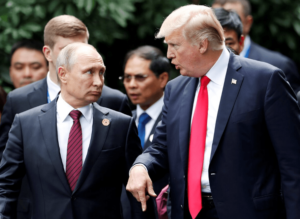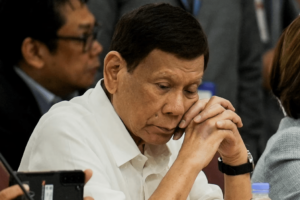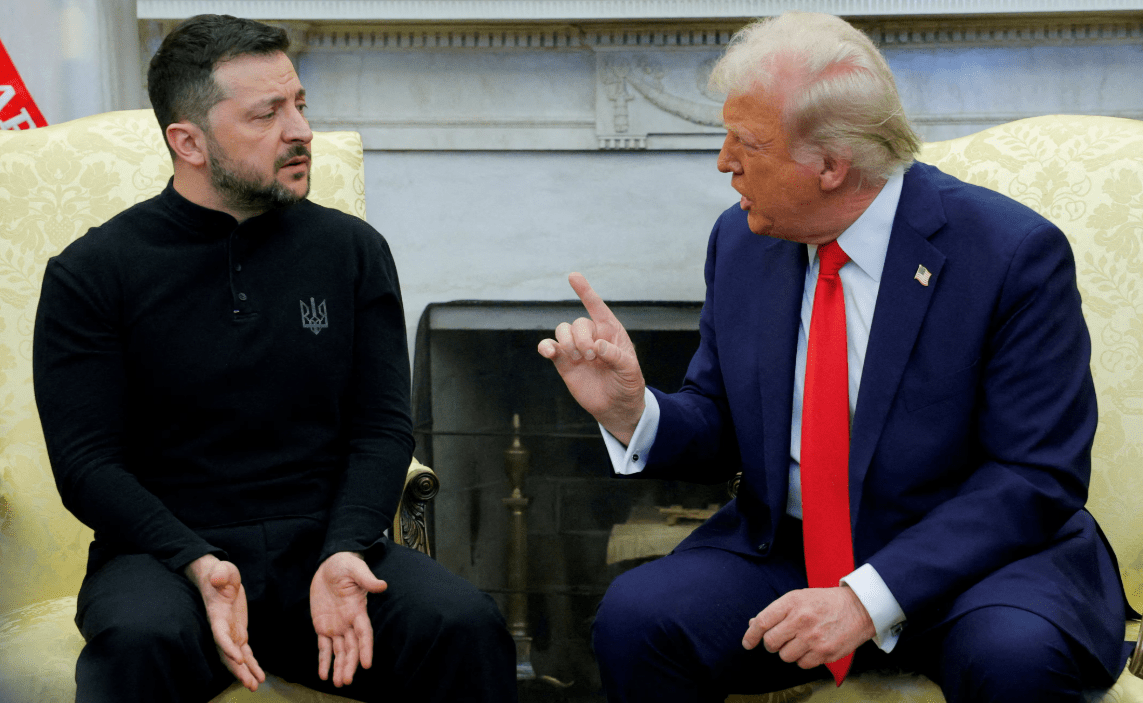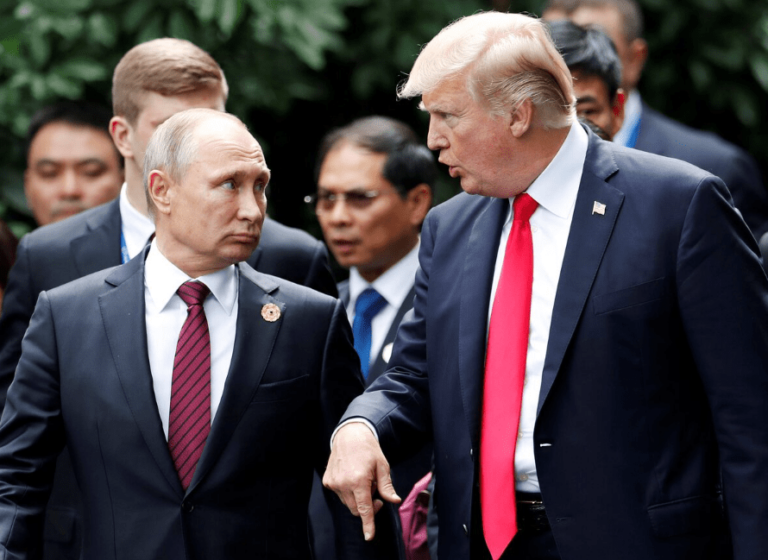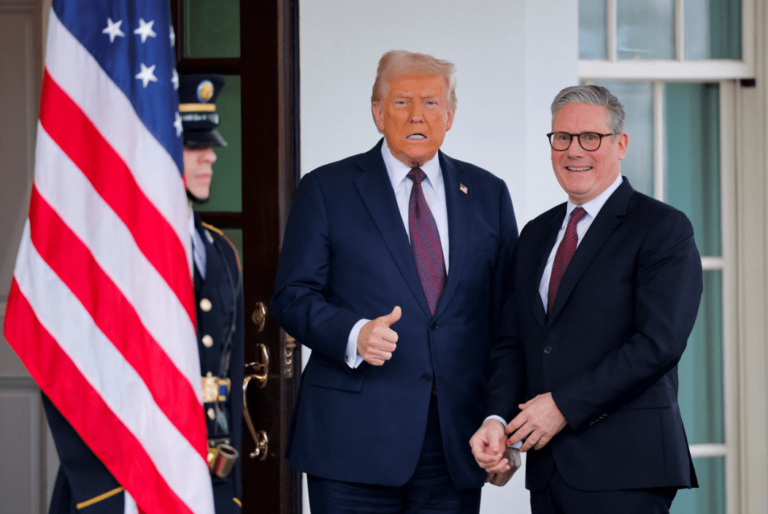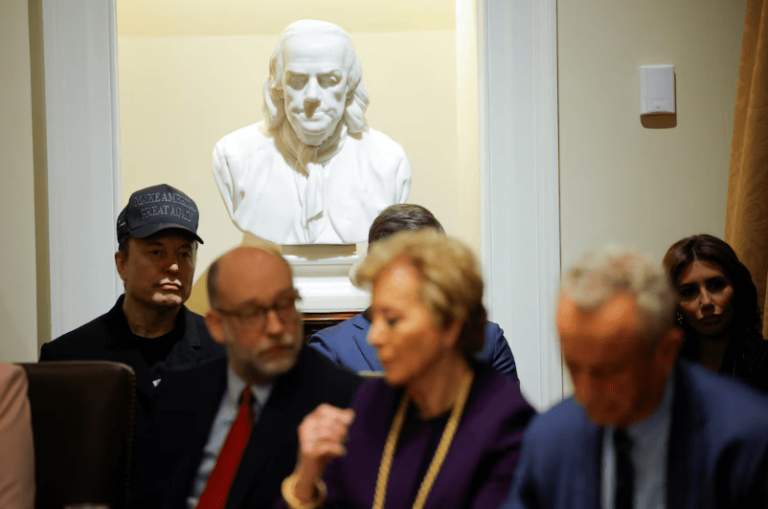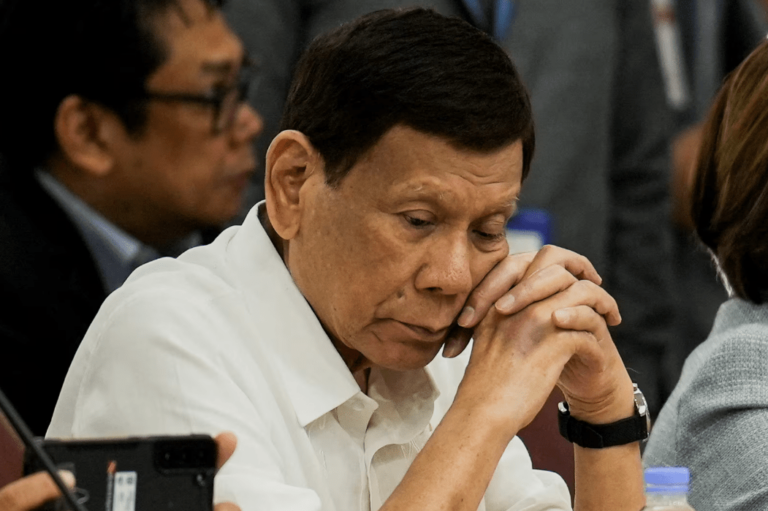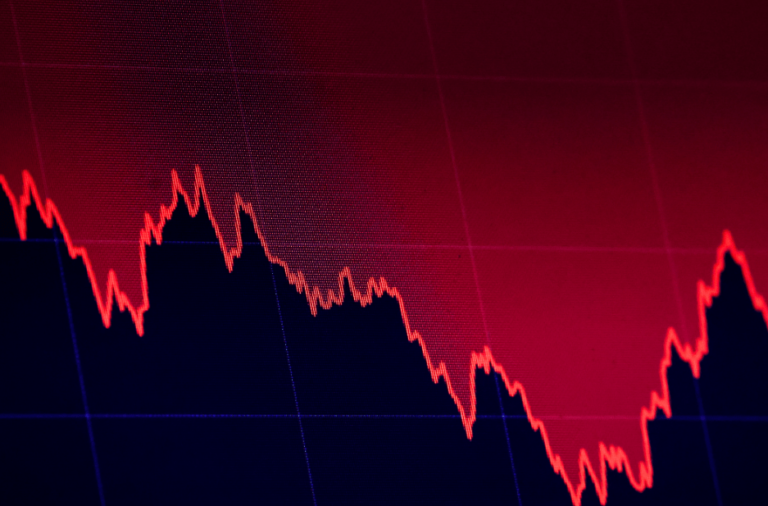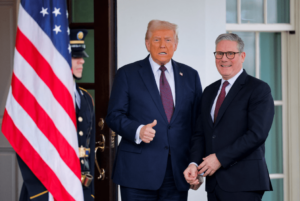President Donald Trump has paused military assistance to Ukraine following a tense exchange with Ukrainian President Volodymyr Zelenskyy, a White House official confirmed. The move marks a significant shift in U.S.-Ukraine relations as Trump reassesses American involvement in the ongoing war with Russia.
The suspension follows a heated meeting in which Trump criticized Zelenskyy for not showing enough appreciation for U.S. support. A senior administration official stated that the decision is part of a broader review to ensure that U.S. aid aligns with long-term strategic interests.
Neither the White House nor the Pentagon provided details on the scope of the suspension or its duration. Ukrainian officials have yet to respond publicly.
Growing Rift Over U.S. Support
Since Russia’s invasion three years ago, the U.S. has sent approximately $175 billion in aid to Ukraine. However, Trump has long been skeptical of continuing large-scale assistance. The latest pause extends beyond his previous position of refusing new aid, now affecting deliveries of weapons and munitions that had already been approved.
Trump doubled down on his stance following a report quoting Zelenskyy as saying the war is “very, very far away” from a resolution. In a social media post, Trump called the remark unacceptable and suggested the U.S. would not tolerate such statements from its allies.
U.S.-Ukraine Economic Deal Still Possible
Despite tensions, Trump indicated that an agreement allowing U.S. companies to invest in Ukraine’s mineral resources remains a possibility. His administration views such a deal as a way for the U.S. to recoup some of the financial and military aid it has provided. Speaking to reporters, Trump dismissed speculation that the deal had collapsed and hinted at further updates during an upcoming congressional address.
Security Guarantees in Question
Vice President JD Vance urged Ukraine to accept the minerals deal, arguing that American investment would provide a stronger long-term security guarantee than direct military aid. Zelenskyy, however, has maintained that any ceasefire must include formal security commitments from Western nations. Trump has declined to offer such assurances.
The decision to halt aid raises broader concerns, including whether the U.S. will continue providing ammunition for previously delivered weapons and whether intelligence-sharing with Ukraine will be affected. Congress was reportedly not briefed on the decision, leaving key lawmakers uncertain about its implications.
European Allies Seek Alternative Strategies
As U.S. support wavers, European leaders are working on their own approach to assisting Ukraine. France, Britain, and other European countries have discussed the possibility of sending troops to Ukraine in the event of a ceasefire—an idea Russia has already rejected. European officials have also expressed frustration over what they see as an abrupt shift in U.S. policy.
A Ukrainian advocacy group, Razom for Ukraine, criticized Trump’s decision, warning that the pause in military assistance could embolden Russia. The organization accused the administration of undermining Ukraine at a critical moment.

